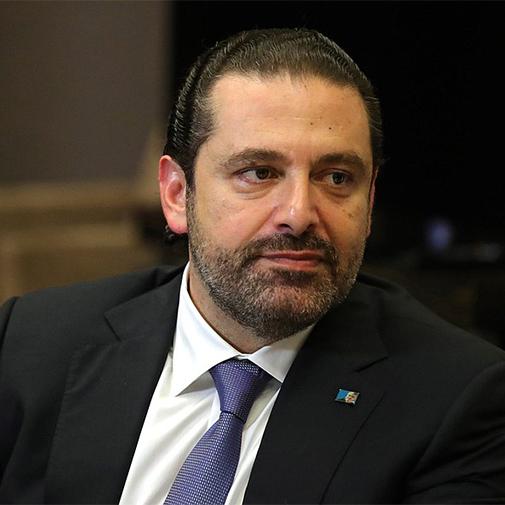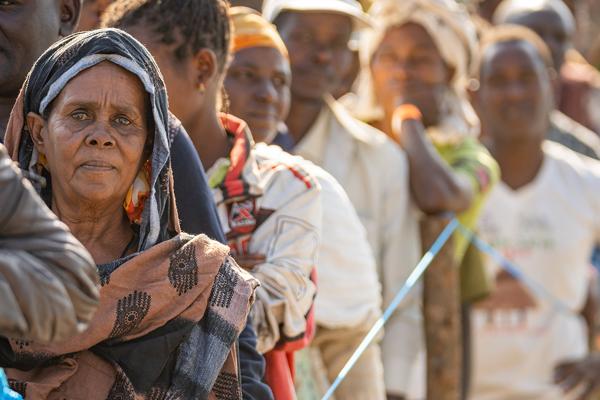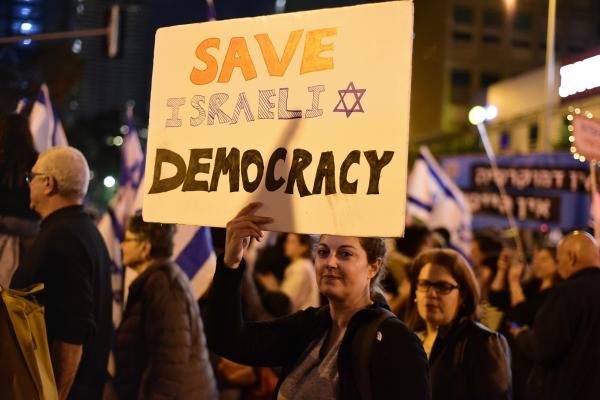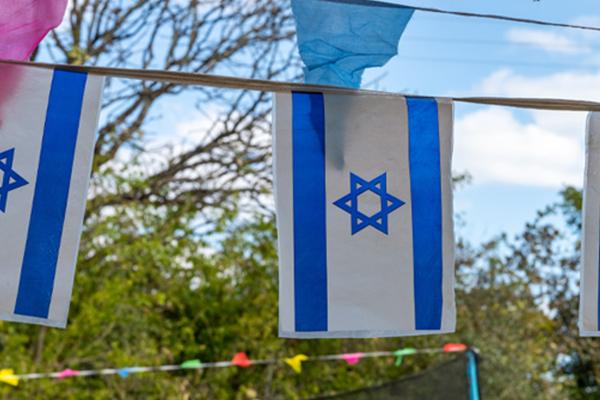In an astounding development over the weekend, Lebanese Prime Minister Saad Hariri resigned. According to a report in The Washington Post, the surprise move ends Hariri’s alliance with the powerful Hezbollah terrorist movement and raises the threat of conflict in Lebanon.
Hariri announced his resignation in the Saudi Arabian capital of Riyadh on Saturday, citing the influence of Iran over the Lebanese government as the reason. His move puts Lebanon in the middle of a growing power struggle between Tehran and Riyadh.
Hariri said in a televised address from Riyadh that, through Hezbollah, Iran has created “a state within a state” in Lebanon. He accused Iran of sowing “sedition, devastation and destruction in any place it settles.”
“I want to tell Iran and its followers that they are losing in their interferences in the affairs of Arab nations. Our nation will rise just as it did before, and the hands that will harm it will be cut,” Hariri said. Many observers took his statements as foreshadowing the beginning of a broader effort, backed by Saudi Arabia, to confront Iran.
The Trump Administration, which has been more assertive toward Iran recently, did not immediately comment. It’s unclear whether the President was involved in what appears to be a Saudi initiative to answer Iran’s meddling in Lebanon.
An already shaky alliance ends
The resignation appears to end the shaky alliance between Hariri, a Sunni Muslim and longtime ally of Saudi Arabia, and the Iran-backed Shiite Hezbollah terrorist group. The arrangement helped Lebanon distance itself from the violent civil war in neighboring Syria, even as concerns were deepening among Iran’s foes about the growing influence of Tehran in Lebanon.
Israel, which has threatened recently to go to war against Hezbollah in Lebanon, said it welcomes Hariri’s resignation. According to a statement issued by the office of Prime Minister Benjamin Netanyahu and reported in The Washington Post, Hariri’s decision is “a wake-up call to the international community to take action against Iranian aggression.”
Feared for his life
In his resignation statement, Hariri hinted he believes his life is in danger. He described the atmosphere in Lebanon as similar to the national mood when his father, Prime Minister Rafiq al-Hariri, was assassinated in 2005, after resigning from office. “I sensed what is being woven in secret to target my life,” Hariri said.
An attempt on Hariri’s life “had been thwarted in Beirut a few days ago,” according to the Saudi news website Al-Arabiya, although Lebanese security officials said they had no knowledge of any such attempt.
The assassination of Hariri’s father in a 2005 car bombing is widely blamed on Hezbollah operatives. The murder has been followed by years of tension in Lebanon between Hezbollah and U.S.-backed allies in the Sunni and Christian communities.
The Washington Post reports that a string of bombings killed more than a dozen Hariri allies and Christian politicians. The tensions culminated with Hezbollah’s armed takeover of the streets of West Beirut in 2008, which secured their political influence over Lebanon.
Since the outbreak of the Syrian civil war in 2011, Hezbollah, through Iran’s backing, has emerged as a powerful military and political force in the region. Designated a terrorist organization by the U.S., the movement has sent thousands of its members to Syria to fight for Syrian President Bashar al-Assad in its war with Islamic State.
Late last week during an interview with Lebanese TV, Saudi State Minister for Gulf Affairs Thamer al-Sabhan sharply criticized Hezbollah, calling for its “toppling” and promising “astonishing developments” in the coming days.
Al-Sabhan had met earlier with Hariri in Saudi Arabia. Hariri abruptly returned on Friday before his bombshell announcement on Saturday.
In a series of tweets after meeting Hariri, al-Sabhan described it as a “long and fruitful meeting” that resulted in agreement over many issues that concern the Lebanese. He criticized the Lebanese government and said, “What comes is better, God willing.”
He earlier had said that those who cooperate with Hezbollah must be “punished.”
Part of a bigger plan?
If this plays out as many observers think it might, Prime Minister Hariri’s resignation may be the next step in a Saudi Arabian plan to increase stability in the Middle East and counter the growing influence of archrival Iran.
You’ll recall that in June, Saudi Arabia joined four of its Arab neighbors in severing ties with Qatar, saying Qatar supports Islamic terrorism and Iranian designs on the region. Some analysts saw the escalation as a sign that the Saudis and their allies are growing bolder in their campaign to fight terrorism in general – and Iran state-sponsored violence in particular.
This amazing development will play out in the coming weeks. And it may get very interesting if the Saudi’s deliver on their promise of “astonishing developments” in the coming days.
All we can do is pray that these events bode well for the state of Israel and her people. Islamic infighting may bring greater security to the region. Or it may bring greater chaos. We don’t know.
But we serve the God who does know. Let’s ask Him to protect His people – and give us even more opportunities to reach the Jewish people with care, compassion and the Good News of Jesus their Messiah.
We also appreciate your prayers for us here at Jewish Voice Ministries as we bring hope and health to Jewish communities around the world. Your prayers and financial support are such an encouragement, as they make this life-transforming work possible.












